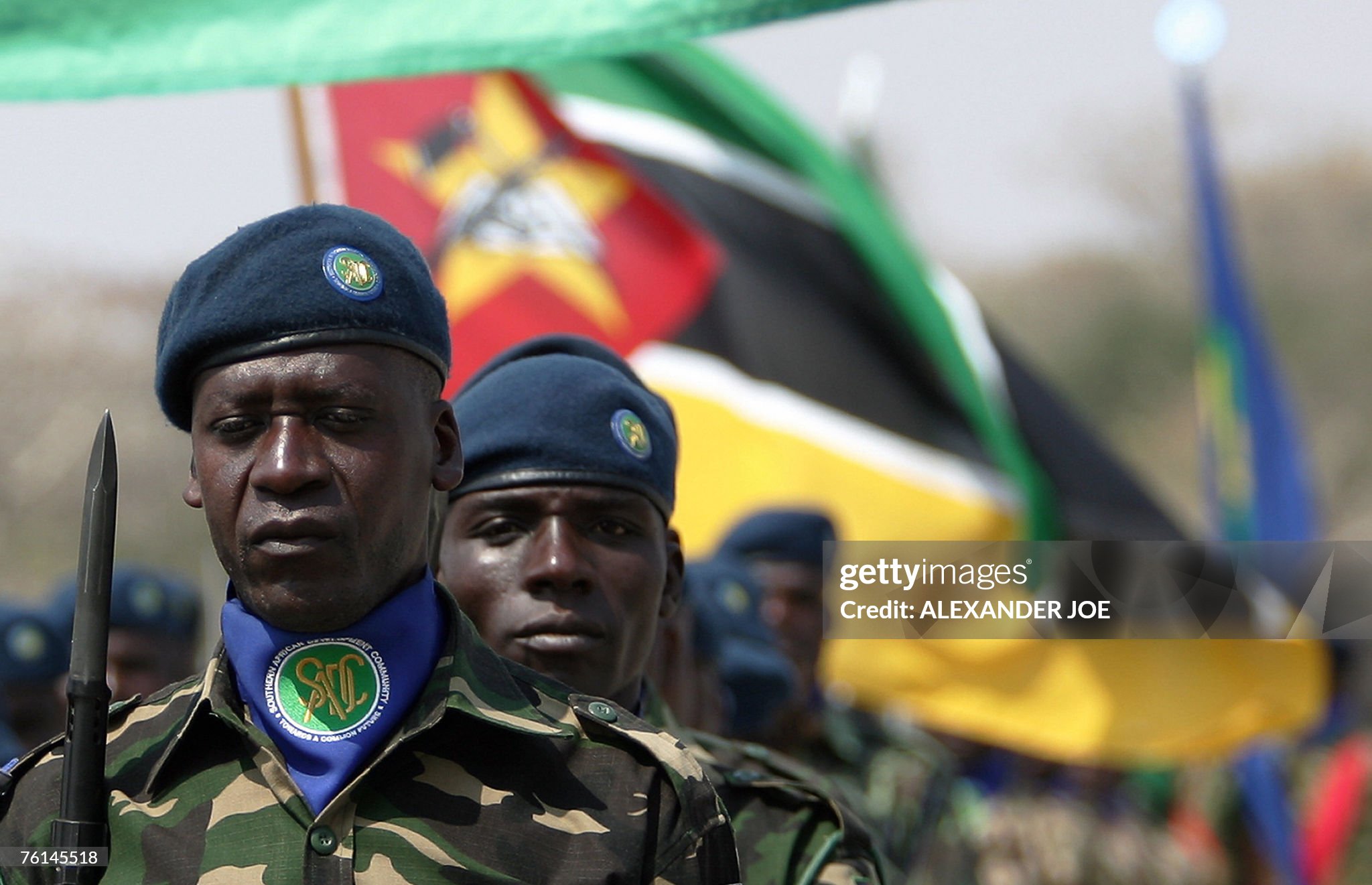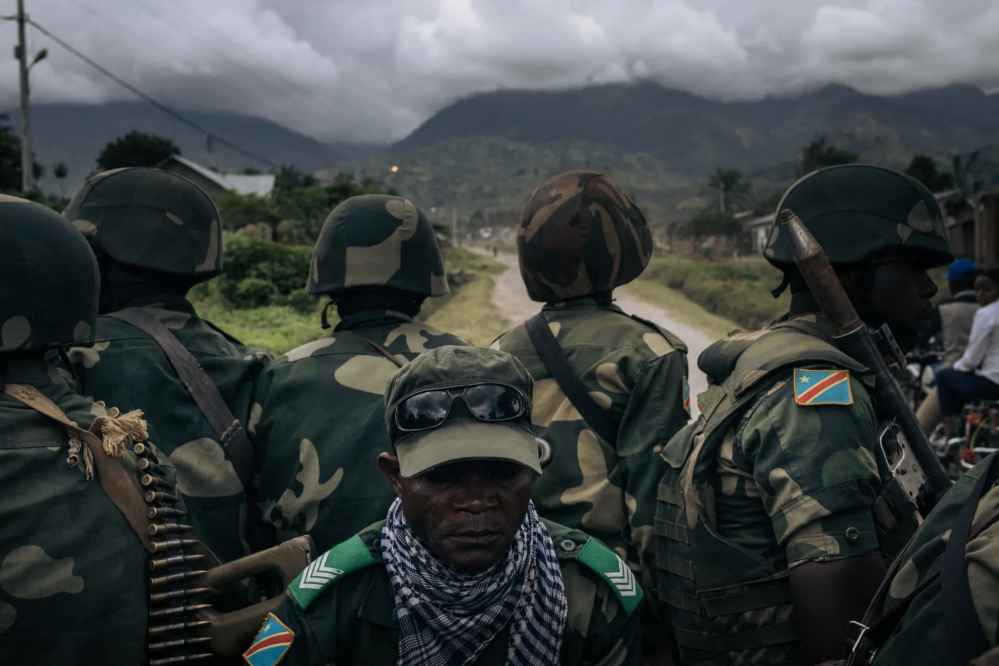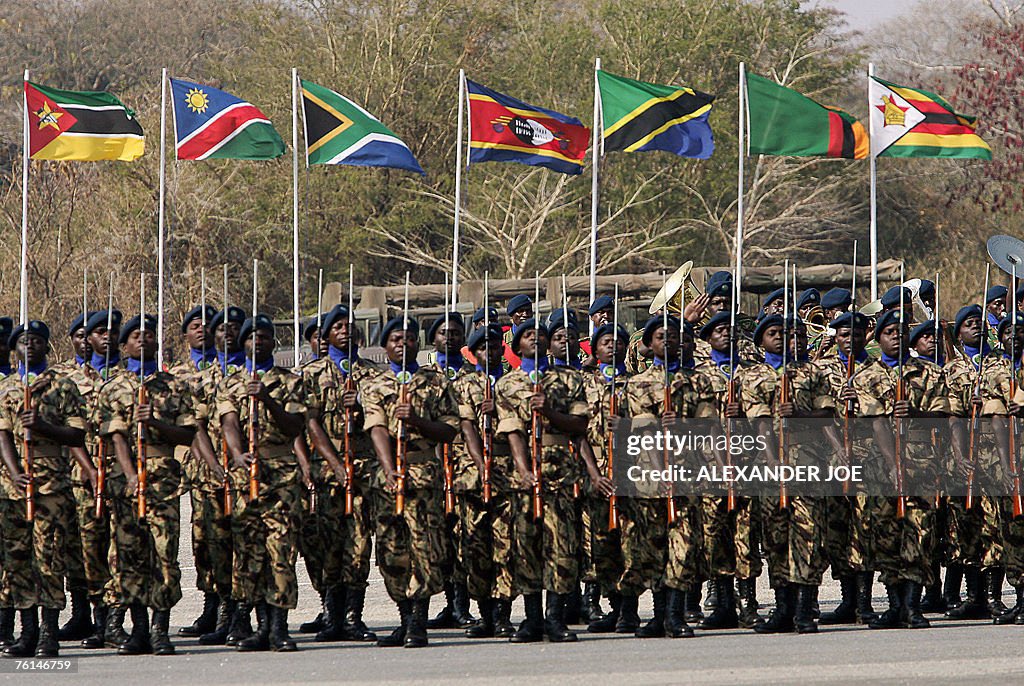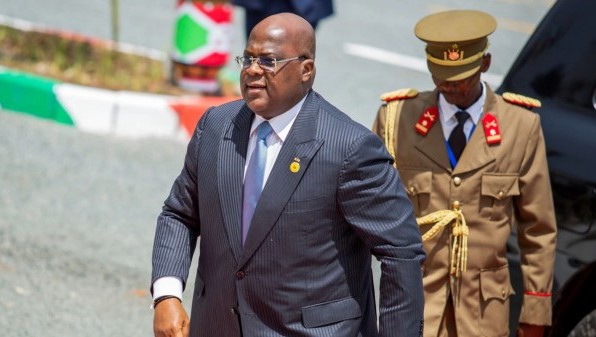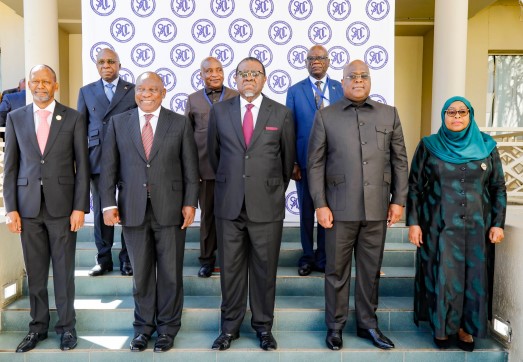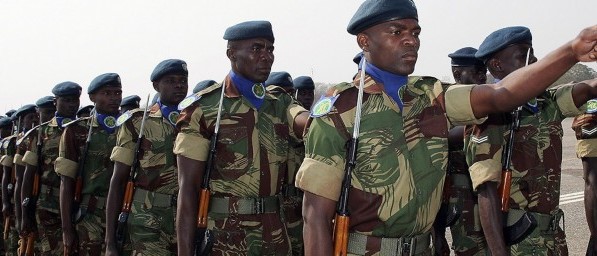Regional
SADC risks supporting genocidal agenda in DRC
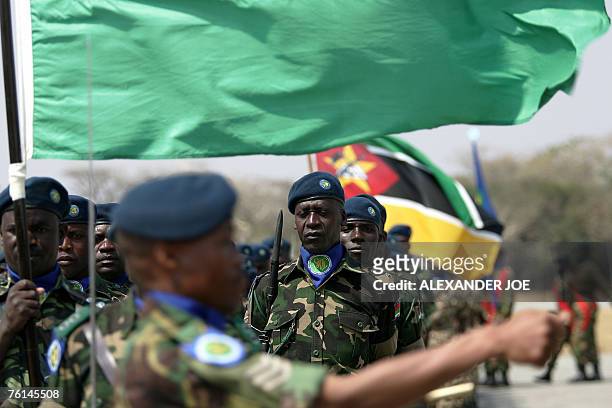
December 2023 saw more than 200
South African soldiers arriving in Goma, the capital city of North Kivu
Province in the east of the Democratic Republic of Congo, as an advance party
of the Southern African Development Community (SADC) troop deployment.
Congolese Minister of
Foreign Affairs Christophe Lutundula said that, “the main objective of the
SADC force is defeating the M23 rebellion.”
The question remains whether
SADC believes eastern DRC’s insecurity will be solved militarily.
In 2013, SADC troops were
involved in fighting M23 rebels who were pushed out of the occupied
territories. In late 2021, the rebel group reemerged.
The East African Community advised
Congolese President Félix Tshisekedi that ending the security crisis should be
done through a political approach embracing dialogue rather than military
means.
Tshisekedi expelled the East
African Community Regional Force (EACRF), which had prioritized enabling a
cessation of hostilities and political dialogue, ahead of the chaotic December
20 general elections after which Tshisekedi was declared winner for another
five-year term.
The SADC bloc was
trapped in Tshisekedi’s lies that the M23 rebels are “terrorists,
foreigners who are invading DRC”. By deploying a force solely to fight the
rebel group without understanding its cause, SADC is aiding the genocide agenda
in DRC.
The rebel group is fighting
for the rights of its persecuted and disowned community to be recognized as
legitimate citizens with full rights as any other Congolese nationals.
The rebels are fighting so as
to protect the lives of Congolese Tutsi and Rwandophones who are targets of
hate speech and violence orchestrated by their own state or government and
aided by the Rwandan genocidal militia called FDLR. The latter was formed, in
mid-2000, by remnants of the perpetrators of the 1994 Genocide against the
Tutsi in Rwanda who fled to eastern DRC after murdering more than one million
Tutsi countrymen in Rwanda.
For the past three decades,
the Rwandan genocide ideologues hiding in DRC have been spreading their
genocide ideology, with the Congolese Tutsi community in the east of the vast
country being the targets.
Hundreds have, so far, been
murdered in various parts of eastern DRC.
Following her official visit
to the DRC from November 10-13, 2022, UN Special Adviser on the Prevention of
Genocide Alice Wairimu Nderitu was deeply alarmed about the escalation of
violence in the region where a genocide – the 1994 Genocide against the Tutsi
in Rwanda – happened.
Nderitu reported that in
eastern DRC, the current violence is mainly the result of the refugee crisis
which led to the flight of many individuals involved in the 1994 genocide
against the Tutsi in Rwanda to eastern DRC, forming armed groups like FDLR which
are still active in eastern DRC.
"The abuses currently taking
place in eastern DRC, including the targeting of civilians because of their
ethnicity or presumed affiliation with warring parties, must stop,"
Nderitu stated.
A Congolese army coalition which
comprises Burundian troops, Eastern European mercenaries, FDLR, and a myriad of
other Congolese militia groups, poses a threat to the region. It has fanned
violence and committed atrocities against civilians.
The January mid-term report by
the UN Group of Experts on DRC confirmed that the Congolese army coalition is
committing indiscriminate shelling, kidnappings, and targeted assassinations.
The coalition was also
reported in looting cows and property belong to Congolese Tutsi, and burning
down their houses.
The SADC troops will end up cooperating
with the Congolese army coalition in committing atrocities targeting unarmed
Congolese Tutsi.
The SADC force deployment will
not bring peace in eastern DRC. The move will, instead, only deteriorate the
insecurity in the volatile region.



